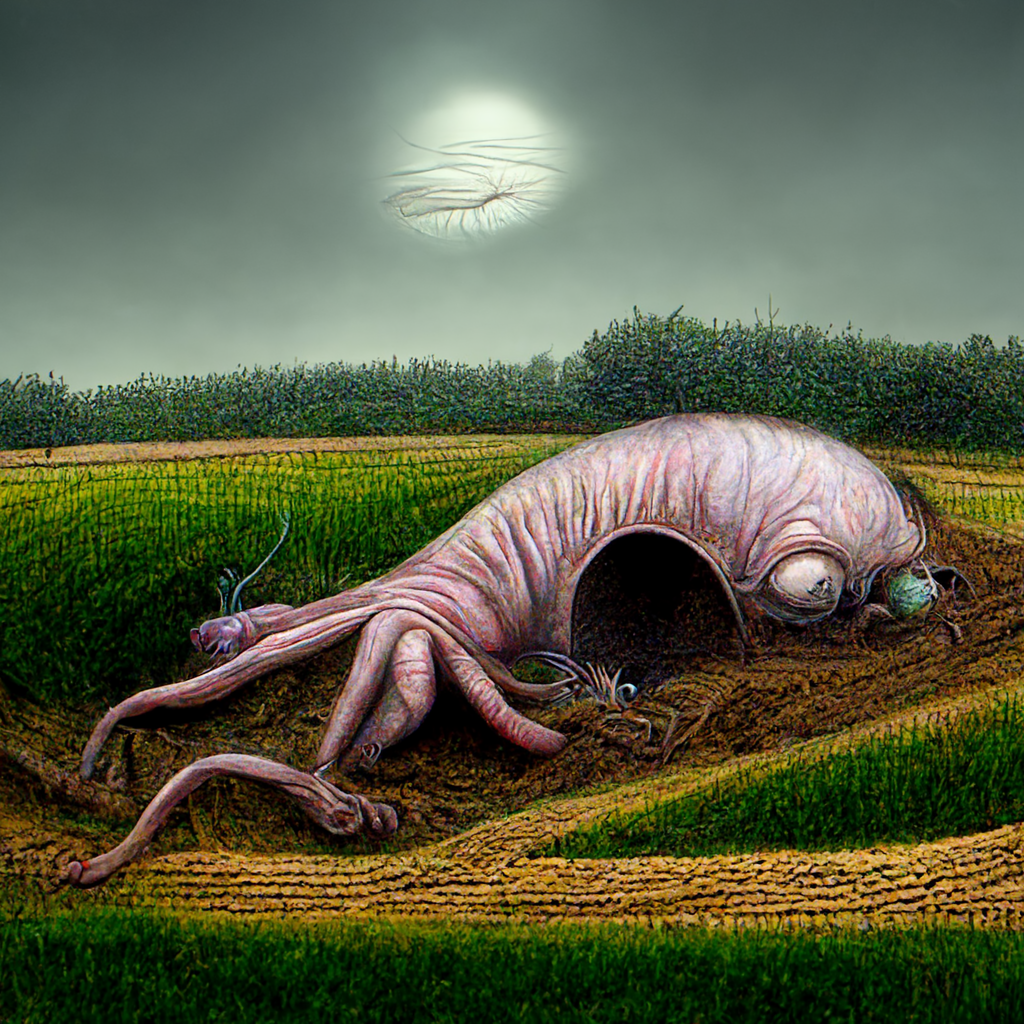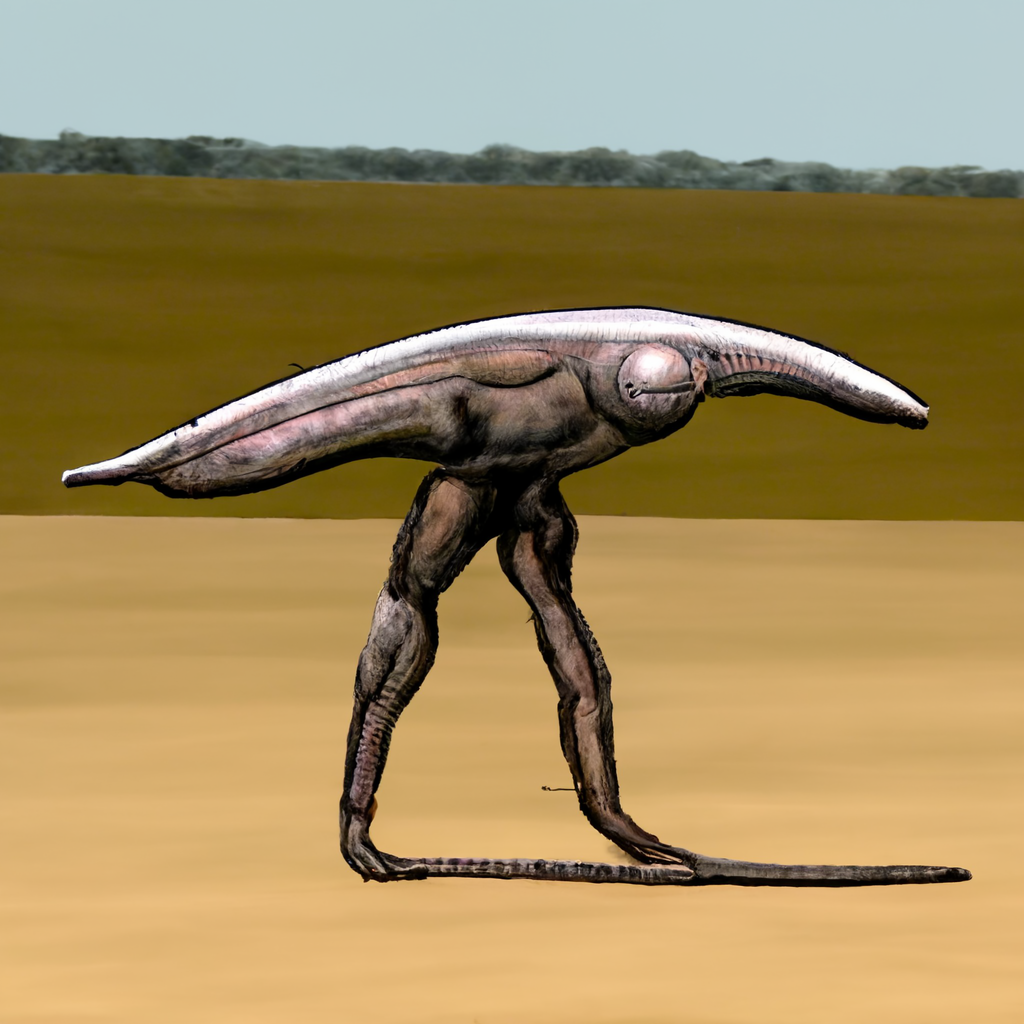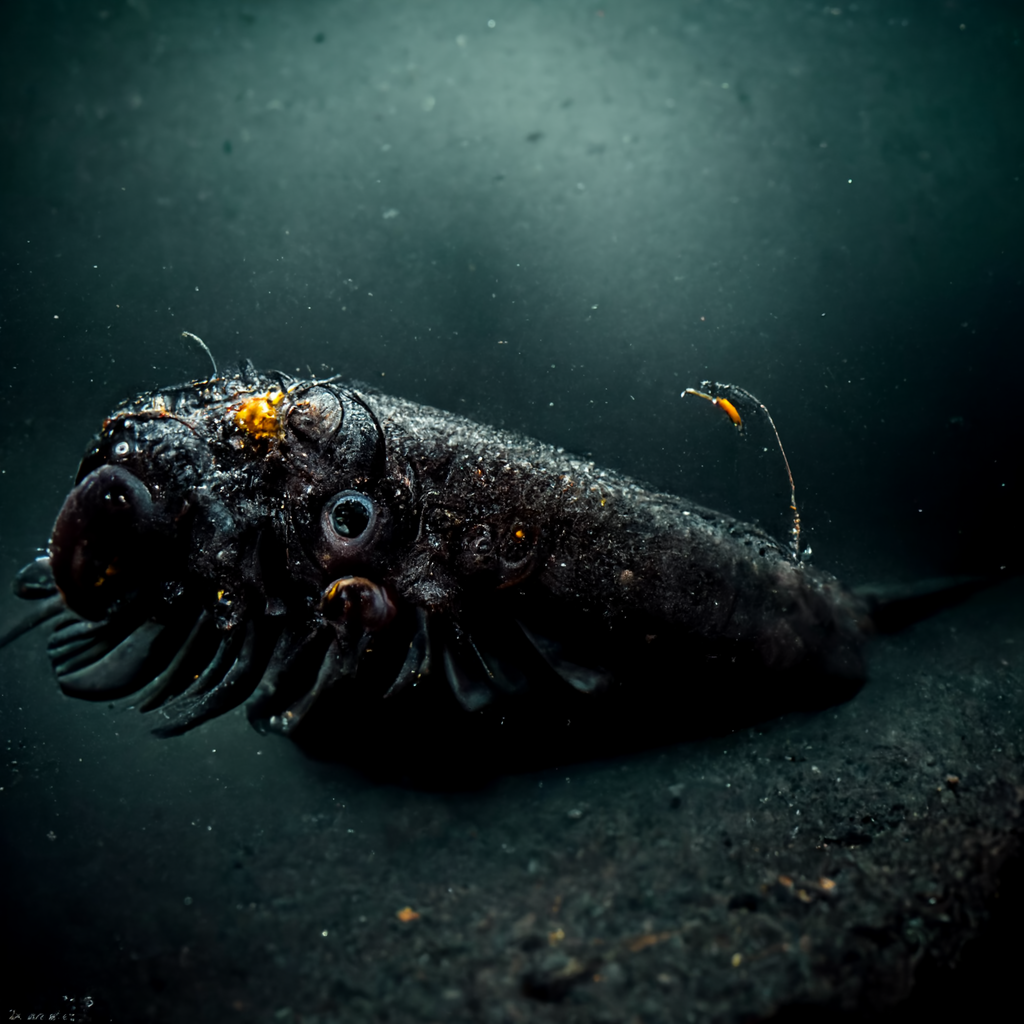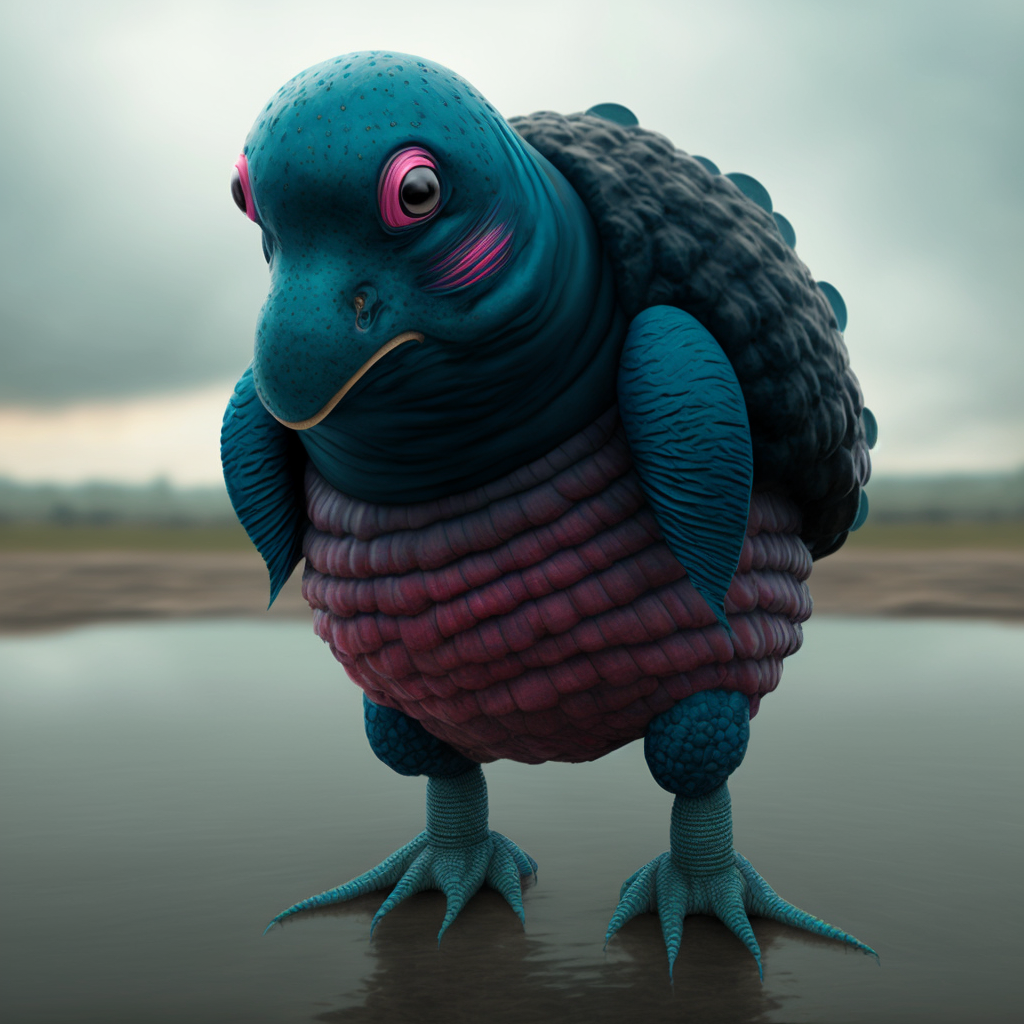

Haissa are a friendly species distantly related to frogs. They spend most of their time climbing trees to find great vantage points to observe the ongoings of life below and have been known to purposefully shake branches to drop food for hungry creatures below.

Explore an endless universe of ficticious life on NovelGens.





